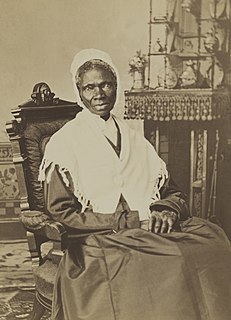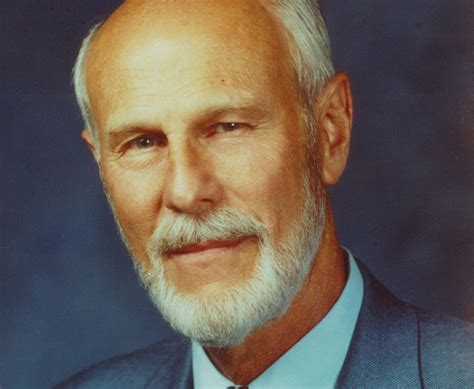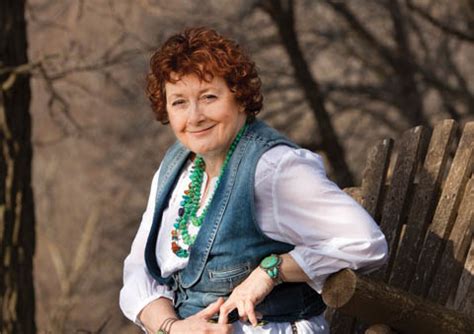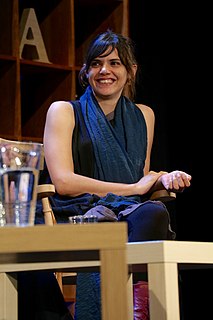A Quote by Charles Lamb
A book reads the better which is our own, and has been so long known to us, that we know the topography of its blots, and dog's ears, and can trace the dirt in it to having read it at tea with buttered muffins.
Related Quotes
A travel book is a book that puts you in the shoes of the traveler, and it's usually a book about having a very bad time, having a miserable time, even better. You don't want to read a book about someone having a great time in the South of France, eating and drinking and falling in love. What you want to read is a book about a guy going through the jungle, going through the arctic snow, having a terrible time trying to cross the Sahara, and solving problems as they go.
No one who reads this book will remain unchanged or unaffected-Julene Bair's story arcs from the cornfields of Kansas and Nebraska to the food on our tables and the gas in our cars. There is always a price to be paid, she reminds us, for the pleasures and comforts of this day. If you read only one memoir this year, this is the one to read and pass along.
Cities have often been compared to language: you can read a city, it's said, as you read a book. But the metaphor can be inverted. The journeys we make during the reading of a book trace out, in some way, the private spaces we inhabit. There are texts that will always be our dead-end streets; fragments that will be bridges; words that will be like the scaffolding that protects fragile constructions.
I cannot be known Better than you know me Your eyes in which we sleep We together Have made for my man’s gleam A better fate than for the common nights Your eyes in which I travel Have given to signs along the roads A meaning alien to the earth In your eyes who reveal to us Our endless solitude Are no longer what they thought themselves to be You cannot be known Better than I know you.
The other book that I worry no one reads anymore is James Joyce's Ulysses. It's not easy, but every page is wonderful and repays the effort. I started reading it in high school, but I wasn't really able to grasp it. Then I read it in college. I once spent six weeks in a graduate seminar reading it. It takes that long. That's the problem. No one reads that way anymore. People may spend a week with a book, but not six.
And so we polish our own lives, creating landscapes and canyons and peaks with the very silt we try to avoid, the dirt we disavow or hide or deny. It is the dirt of our lives—the depressions, the losses, the inequities, the failing grades in trigonometry, the e-mails sent in fear or hate or haste, the ways in which we encounter people different from us—that shape us, polish us to a heady sheen, make us in fact more beautiful, more elemental, more artful and lasting.
All the great masters in the world have been saying only one thing down the centuries, "Have your own mind and have your own individuality. Don't be a part of the crowd; don't be a wheel in the whole mechanism of a vast society. Be individual, on your own. Live life with your own eyes; listen to music with your own ears." But we are not doing anything with our own ears, with our own eyes, with our own minds; everything is being taught, and we are following it.




































